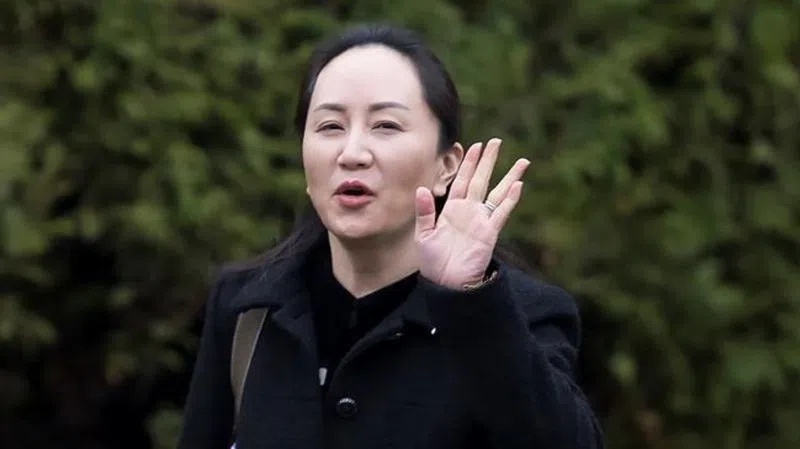
Fraud allegations a facade, Meng lawyer argues as extradition hearing begins
VANCOUVER — Fraud allegations against Huawei executive Meng Wanzhou are a “facade” and charges filed by the United States are really about the country trying to enforce its sanctions on Iran, a defence lawyer has argued.
A court hearing began Monday in Vancouver over the American request to extradite Meng, a case that has fractured Canada-China relations. Beijing has detained two Canadians and restricted imports in moves widely seen as retaliation.
At issue in this week’s hearing is the legal test of double criminality, meaning that if her alleged conduct is a crime in Canada then Meng should be extradited to face the charges in the U.S.
Meng is accused of lying to HSBC about Huawei’s relationship with an Iran-based subsidiary, putting the bank at risk of violating U.S. sanctions against the country.
